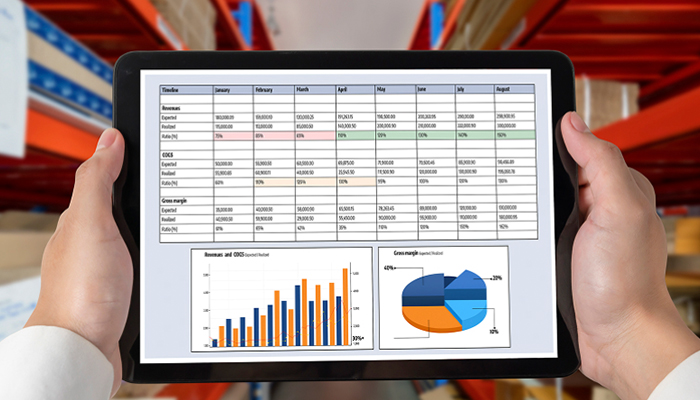Could the next leap in business efficiency be hidden in plain sight? Dive into how ERP software in Singapore is quietly transforming organisations, and why choosing the right ERP software provider in Singapore might just deliver returns faster than you imagined.
What ERP Should Do for You
The best ERP systems deliver far more than basic accounting. As a robust ERP software provider in Singapore, integrated platforms like Sage 300cloud combine finance, inventory, supply chain, project, accounting, reporting and point-of-sale in one unified package. That means you get real-time oversight of cash flow, sales cycles, stock turnover, and client activity all under one roof, reducing manual hand-offs and costly delays.
Most importantly, today’s ERP systems streamline processes across functions, from financial consolidation and production planning to CRM and approvals, all tightly linked. The result? Fewer errors, sharper forecasts, and staff who can focus on analysis over admin.
What Makes ERP in Singapore Worth the Hype
What sets advanced ERP software in Singapore apart is flexibility and insight. Opting for a deployment via cloud or on-premises allows businesses to choose the right fit: cloud for remote teams and lean infrastructure, or on-premises for tighter control and security.
Modern systems also integrate seamlessly with third-party tools like CRM or e‑commerce platforms, so your ERP becomes the central nervous system that drives performance insights across functions and promotes agile decision-making.
Crucially, platforms like Sage 300cloud are PSG‑grant‑eligible, meaning government subsidies can offset up to half the implementation cost, making ERP valuable and affordable.
How to Select and Implement ERP Smoothly
Searching for the right ERP software provider in Singapore starts with understanding your own needs. An audit of current workflows—finance, inventory, client orders— identifies process gaps and decides whether to pursue a modular or full-suite solution.
Once a system is chosen, implementation involves five key stages: planning, system configuration, data migration, user training, and going live, with project support and maintenance to follow. Training is essential. Without staff familiarised with workflows and dashboards, even the most powerful tool will fizzle.
Post-implementation, companies benefit from real-time analytics that highlight cost savings and inefficiencies, letting teams respond faster, avoid overstocking, and identify selling opportunities early. A good ERP roll-out becomes a catalyst for culture change: shifting teams to think strategically about their data.
Is ERP Justifiable for SMEs?
Often, hesitation around ERP software in Singapore is tied to cost. But thanks to PSG grants and scaled pricing, SMEs can access robust systems affordably. While there’s a clear initial investment in licences, setup, and user training, the real returns come in operational savings.
An ERP delivers ROI on multiple fronts, from stock shrinkage and manual collations in finance to avoiding stock-outs or compliance errors. Time savings free staff to focus on revenue-generating activities, while unified data allows smarter pricing, forecasting, and budgeting. In many cases, system-enabled efficiencies can pay for themselves within a few years.
Get the Most from Your ERP Partnership
Working with your ERP software provider in Singapore should feel like a collaboration, not just a transaction. Seek vendors who understand your industry (e.g., manufacturing, retail, distribution, construction), and proudly serve across sectors.
Ask for references and case studies especially those related to productivity savings. The best providers will also tailor systems to your operations, such as POS integration for retail, project tracking for construction, and barcode-enabled inventory for FMCG.
Make sure the ongoing support package includes system upgrades, cybersecurity updates, and retraining when modules evolve. Clarify before signing who handles troubleshooting and future enhancements.
Finally, treat implementation as a change project, and not merely a software roll-out. Staff must understand how it benefits them personally in fewer errors, faster approvals, and improved work-life balance.
Is ERP the Silver Bullet Your Business Needs?
Perhaps the real secret isn’t in a flashy feature but in cohesive integration. When deployed, a quality ERP software platform in Singapore implemented by the right ERP software provider, streams your operations into one high-efficiency machine. It reduces manual effort, cuts costs, elevates performance monitoring and supports smarter decisions every day. If your business struggles with disparate spreadsheets, inventory blind spots, or compliance slip-ups, exploring ERP adoption with government support could deliver unexpected leverage, and possibly transform how you run your entire organisation.
Curious how your data could finally work for you? Reach out to Acsolv Consult today to learn more.

